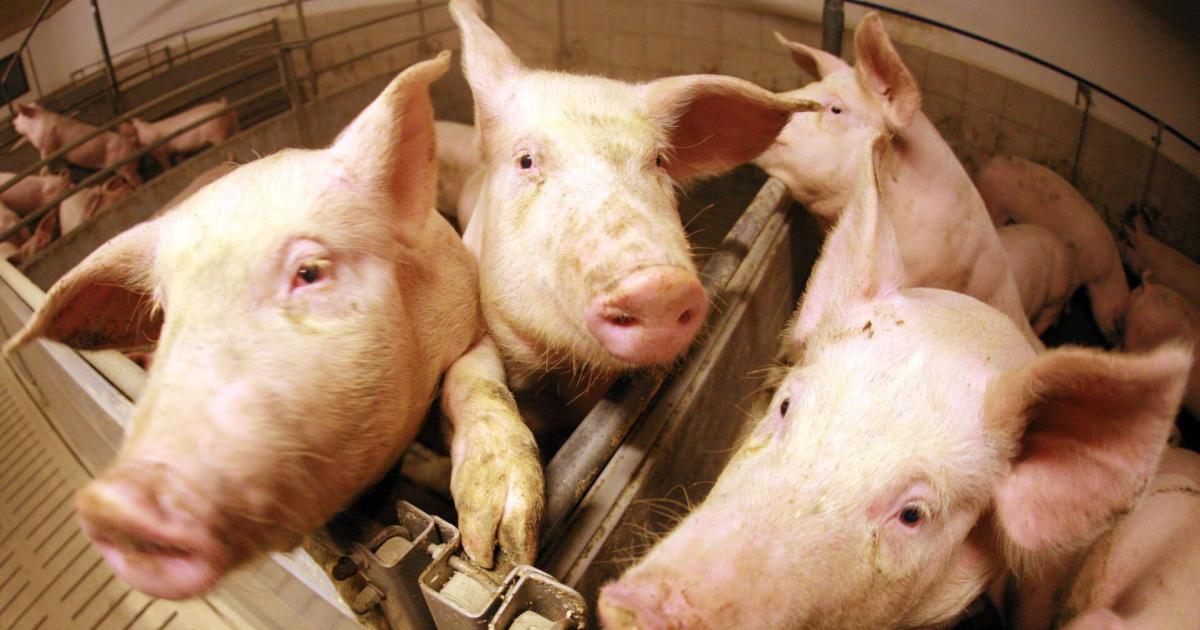By “finish,” we mean the 95-95-95 target: that at least 95 percent of people living with HIV know their HIV status, that 95 percent of them get life-saving HIV treatment, and that 95 percent of them get medication that works so well that HIV replication is suppressed and HIV can no longer be transmitted sexually. “When countries are unable to provide effective health care to their populations because of debt payments, global health security is at risk,” said Winnie Byanyima, Executive Director of UNAIDS.
HIV weakens the immune system and makes the body vulnerable to all kinds of diseases. The disease is called AIDS. If detected early and treated with appropriate medications, the life expectancy of infected people is almost normal.
In countries such as Angola, Kenya, Malawi, Rwanda, Uganda and Zambia, more than 50 percent of government revenue is spent on debt financing, according to UNAIDS. In West and Central Africa, HIV spending fell from 0.3 percent of GDP to 0.12 percent between 2017 and 2022. Despite international assistance, only two-thirds of the funds needed have been used.
UNAIDS is calling on countries to close tax loopholes. Lenders should provide debt relief to heavily indebted countries, and donor countries should provide more money to fight HIV and AIDS.

“Total coffee aficionado. Travel buff. Music ninja. Bacon nerd. Beeraholic.”







More Stories
Exploding Fireball: Find the meteorite fragments
Neuralink's competitor lets blind people see again with an implant
A huge meteorite has hit Earth – four times the size of Mount Everest